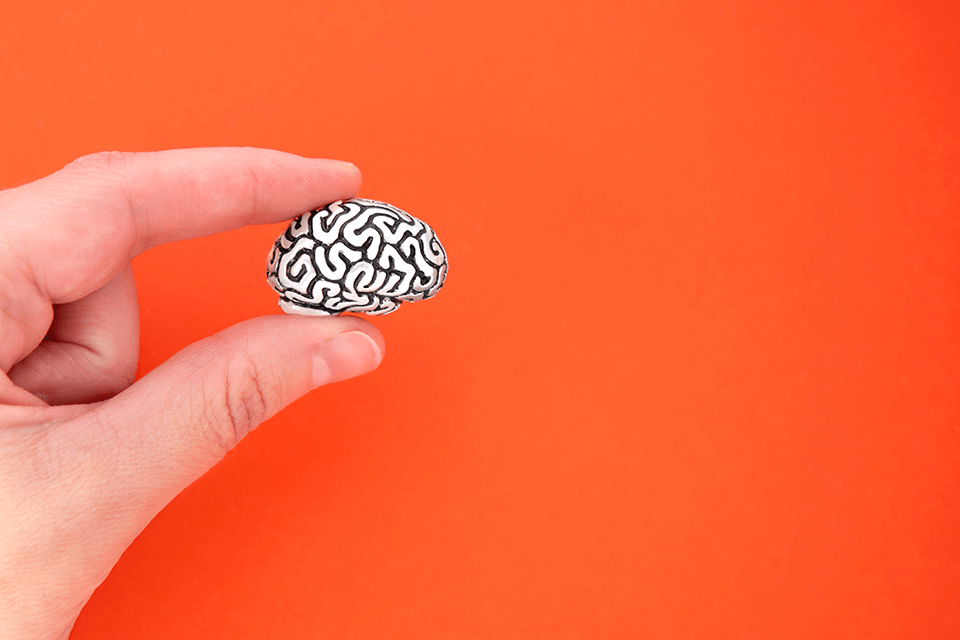Mini Organs Designed to the Scale of One Million

Scientists at the WFIRM have developed the world's most sophisticated laboratory model of the human body, creating a system of miniaturized organs that can be used to detect harmful and adverse effects of drugs before they are prescribed to patients.
Researchers have created a chip that is a functional replica of the human body, transmitting all the structural and reactive properties of organ-specific cells while shrinking human organs to a scale of one million.
In the study published in the journal Biofabrication, it was shown that the new system could open a whole new page in clinical and pre-clinical toxicity studies conducted during drug development.
Integration of the system into the industry and its spread; as a result of the improvement in many parameters in drug development processes; it means more accessible, safer treatment for patients.
Using such a system in screening potential pharmaceuticals could have a significant impact on speeding new drugs to market, lowering the cost of clinical trials, and reducing or eliminating animal testing.
Reference: Skardal A, Aleman J, Forsythe S, et al. Drug compound screening in single and integrated multi-organoid body-on-a-chip systems. Biofabrication. 2020;12(2):025017. Published 2020 Feb 26. https://doi.org/10.1088/1758-5090/ab6d36
